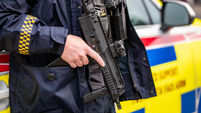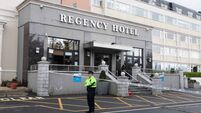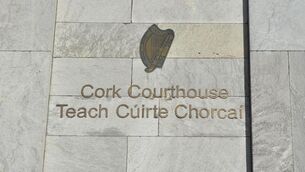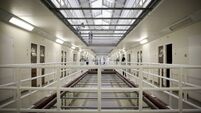Almost 20 Irish crime gangs identified as threats to EU security
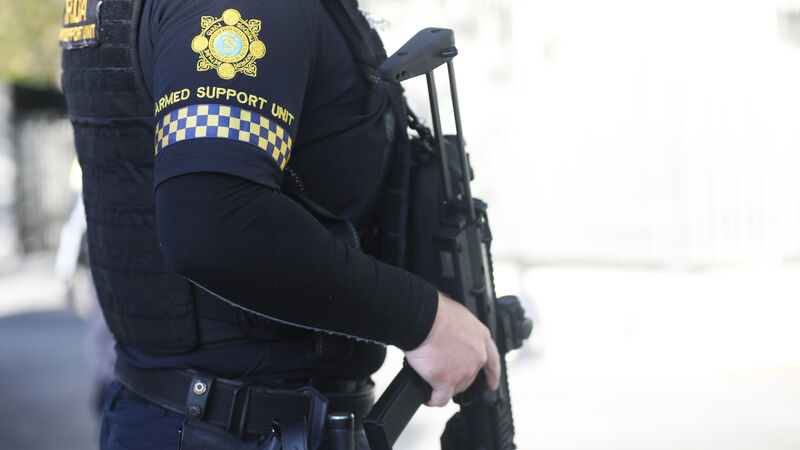
It is thought the Irish figure represents a significant proportion of the overall organised crime groups here and that around threequarters of them operate in the drugs trade. Picture: Leah Farrell
There are just under 20 Irish gangs among 820 criminal networks identified in a landmark European Union report as posing the greatest threat to the internal security of the bloc.
In what is the first assessment of its type, the EU police agency, Europol, gathered and analysed information provided by each of the 27 member states, including Ireland.





